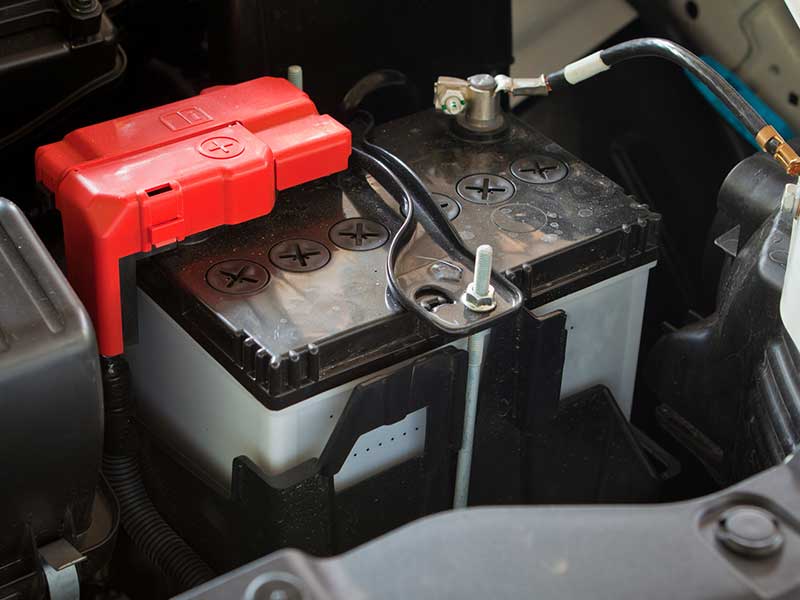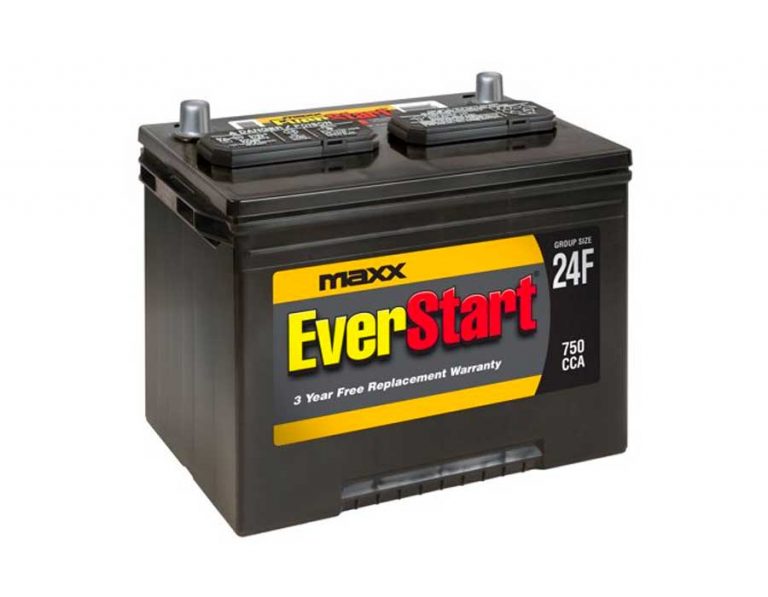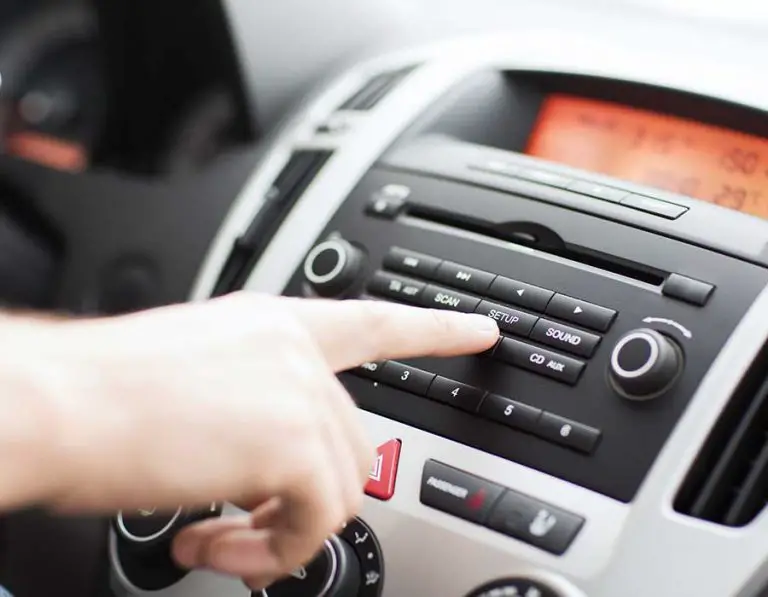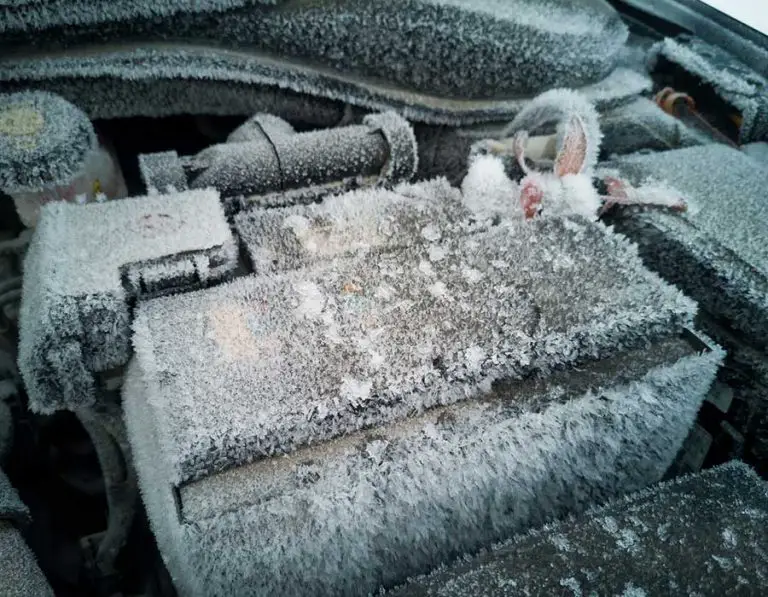Can My Car Battery Get Wet?
Generally, cars have been an integral medium of movement for people since their invention many years ago. It is powered by a refined form of electricity which is the battery. The battery is a device used to power up or start a car’s engine; without a battery, a car is practically useless, which is why it is one of the essential items in a car. All batteries should be handled with care, just as we treat the batteries of all our other devices like phones, remote controls, lamps, and so on.

Water is an enemy to any device that uses any form of electricity. And, Yes! Your car battery can get wet if exposed to any liquid substance. Even though all car batteries are primarily enclosed in plastic, it is still possible for any form of liquid to get into your batteries or on your battery terminal. Also, all car battery’s electrolyte solution (mixture of water and acid) contains water; Therefore, leakage in the battery can cause it to get wet. However, some car batteries have been designed to monitor acid levels. Most are sealed to keep anything from entering or going out of the battery.
There are 2 types of batteries, namely; vented and sealed batteries:
A vented battery is designed to allow some gas to flow out of the batteries, so it won’t cause them to sweat. While a sealed battery, as the name implies, is enclosed so nothing goes out and nothing comes in.
If you have been wondering how your car battery can get wet, and the consequences of it getting wet you are in the right place. This article will answer your questions. Read on;
Will my battery get affected if it gets wet?
People always wonder if it is okay for their car batteries to get wet. The answer is in 2 ways, it may and may not affect the battery. When a battery gets wet, there is little or no damage caused to the battery. Water doesn’t affect the batteries themselves because it is designed to keep water out, so nothing gets in or out of the battery. Water might affect the battery because when water stays on the battery terminal for too long, it causes the battery terminals to rust. This is because the battery terminals are made of metal, and the rust can affect the battery’s performance. When the battery terminal becomes corroded, there will not be adequate power transmission from the batteries to their connectors. However, the rust battery terminal can be cleaned by proper oil lubrication of the battery terminals.
Reasons why your car battery might get wet
Exposure to liquid
Car owners tend to detach car batteries from their cables for one reason or the other, especially when the car is faulty. However, it is crucial to note that car batteries are fragile no matter how heavy they may look, so a car battery should be stored in a cool, dry, and covered place. Also, it should be kept out of the reach of children, where they can play around it and spill water on it unknowingly.
A car battery can get wet in another unusual and unpopular way when a person trying to refill the radiator in a car’s engine is careless about the refilling process, thereby spilling the water on the battery terminal.

Another way a car battery can get wet is if the car bonnet is opened for a long time in a Tempest(Severe storm with strong wind and heavy rain). When a car bonnet is opened in such a situation, the heavy wind may direct water particles into the car’s engine. Since the battery is a component of a car engine, it will definitely get wet.
Battery overcharge
One of the most prevalent causes of battery leakage is overcharging the battery. The battery’s electrolyte boils from overcharging, forcing acidic vapor to escape through the vent caps. Therefore, the battery appears to be sweating, causing steam to gather on the battery surface. Once the battery begins to sweat, it later accumulates water, and if it is left unnoticed for a very long time, it will affect the battery performance.
A car battery shouldn’t be exposed to any liquid substance, even if the battery is enclosed.
When water stays on the surface of the battery connectors for too long, the connectors begin to rust, and the car starter may not be able to start the engine.
How to prevent your car batteries from getting wet
- Keeping your battery in a cool and dry place after removal from the engine; When this is done, there is no way your battery can get wet talk more of developing faults.
- Covering the battery terminals properly ( Use battery terminal cover). if you do not have one, you should endeavor to get one and make sure that the terminals are covered at all times to keep any harmful substances away from them
- Usage of battery box; This is a prerequisite for battery protection because it covers about 95% of the whole battery itself. This box prevents the battery from sand, mud, and other objects.
- Avoid short circuits while charging; A battery should be charged with a voltage higher than the battery capacity. If a low voltage charger is used to charge the batteries, it will not only damage the battery, it might lead to an explosion.
- Ensure your car bonnet is appropriately closed to avoid damaging the battery and the engine.
- Regular checkup; Your batteries should be checked from time to time. It is not until the lead-acid in it is exhausted that you plan to refill it.
If all the above car battery care tips are followed carefully, your car battery will stay strong and last longer than you expected.
In summary, batteries can get wet. It might not be harmful at first, but when liquid is left on a battery for too long without cleaning or proper oil lubrication, it starts to act up, giving you different kinds of problems day in and day out.






